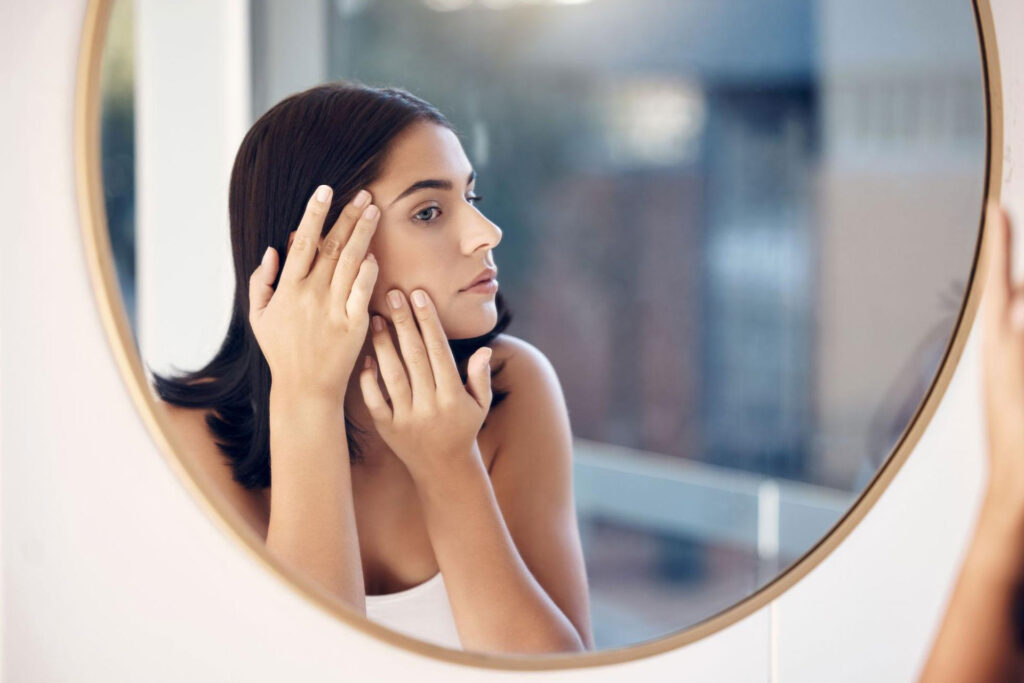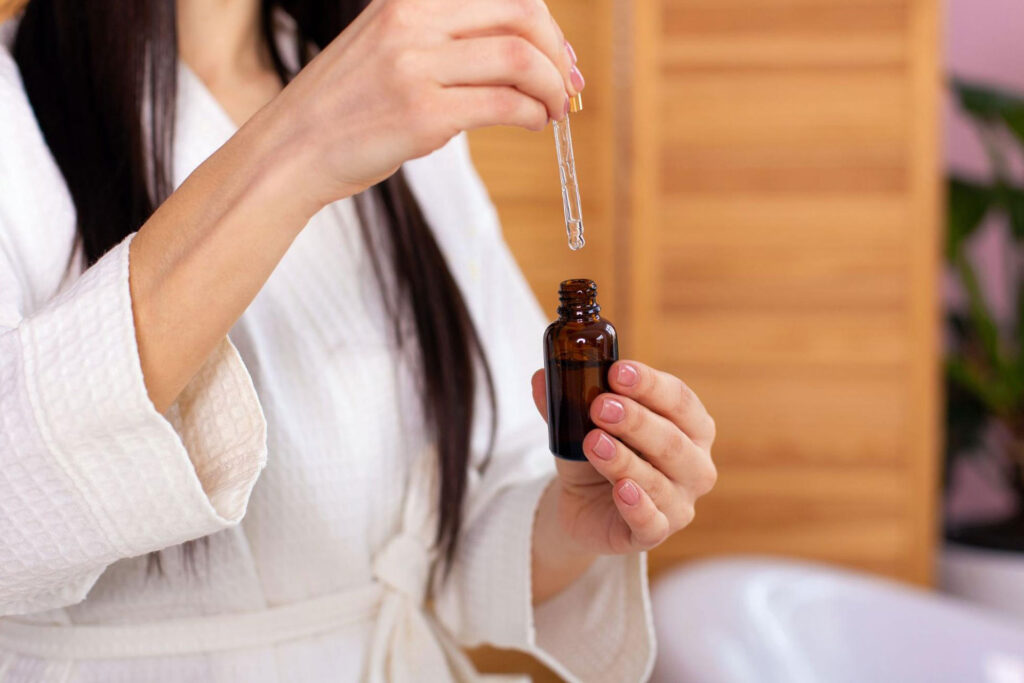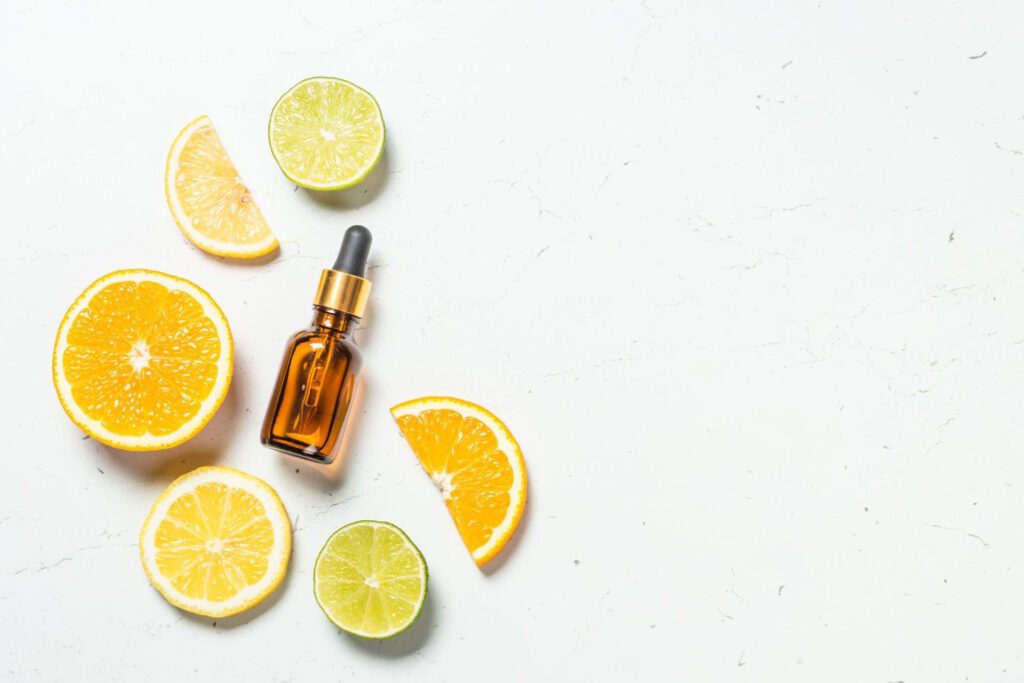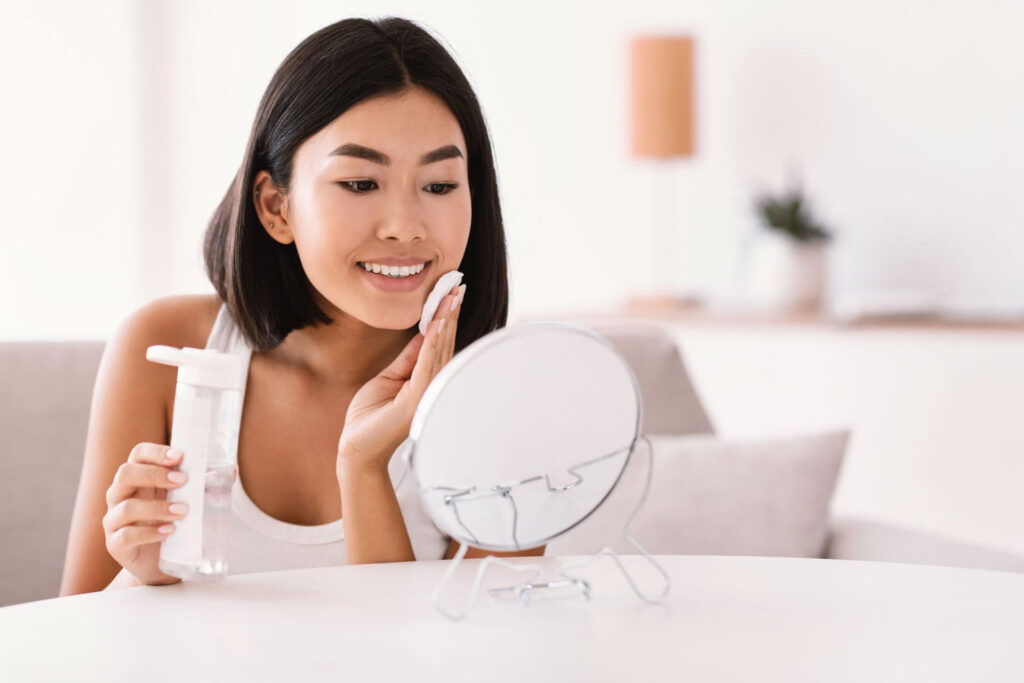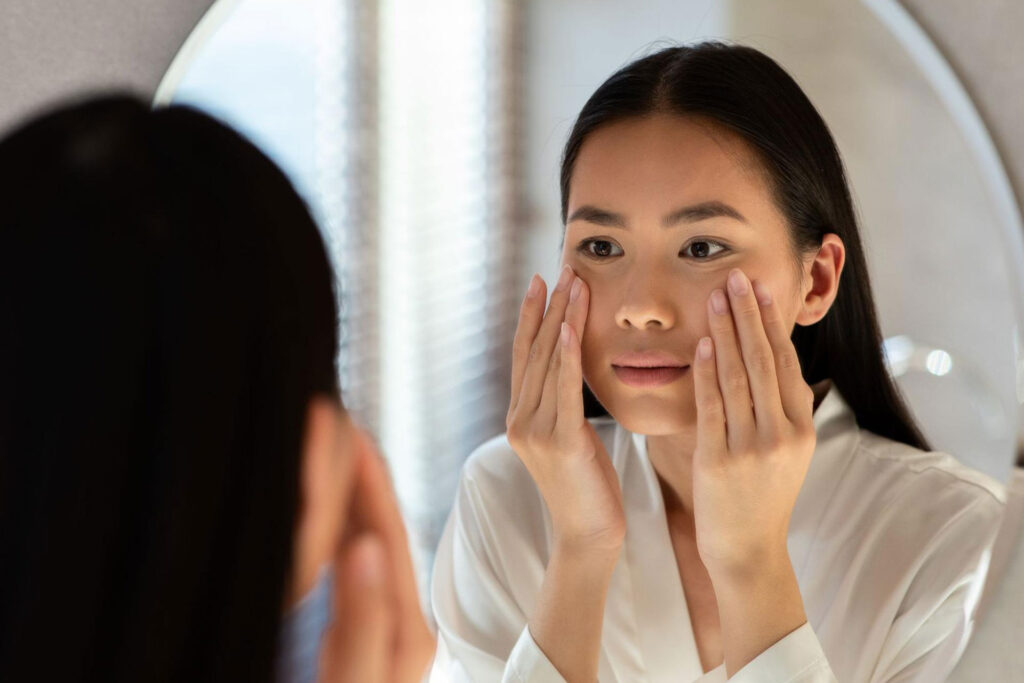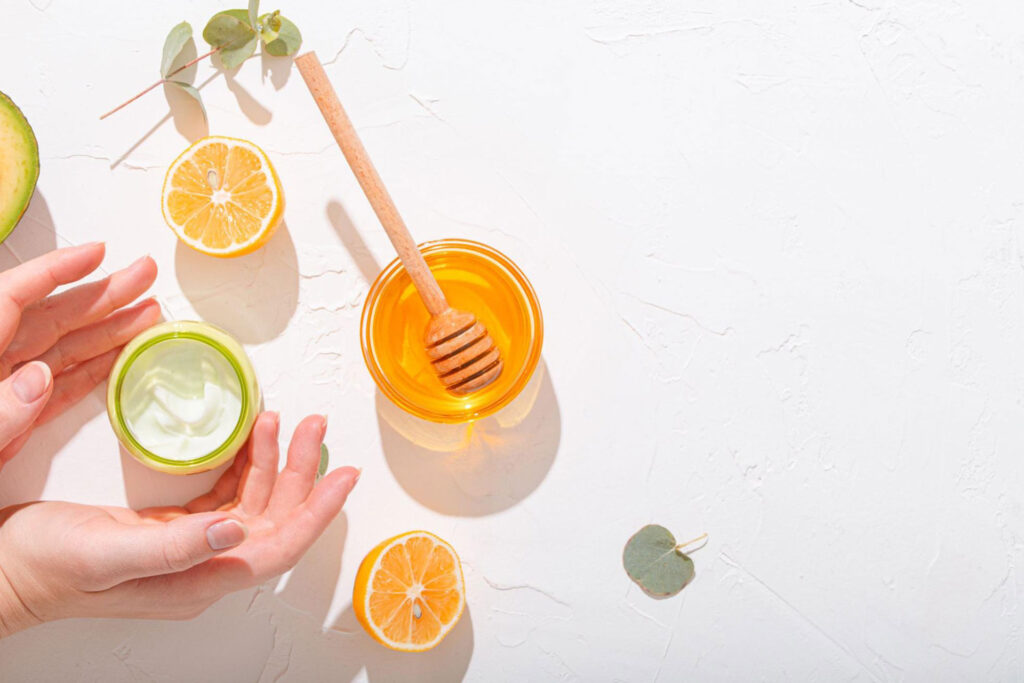Do’s and Don’ts in Using Skin Toners

If you’re a skincare enthusiast, you must know the role and importance of toners. These chemicals help remove excess dirt and other harmful substances that your cleanser wasn’t able to get rid of. It would also help if different types of toner were used based on specific needs such as the removal of acne or oil that causes acne. With regular use of toner, it can smoothen, tighten, and improve the appearance of pores. Toners also help restore the pH balance in skin cells which makes it look smoother by refining rough patches. However, if you don’t know how to use it right, you could be missing out on some great results! If you want to learn how toners can help your skin, keep reading for more information about the do’s and don’ts of using skin toners.
What is a Toner?
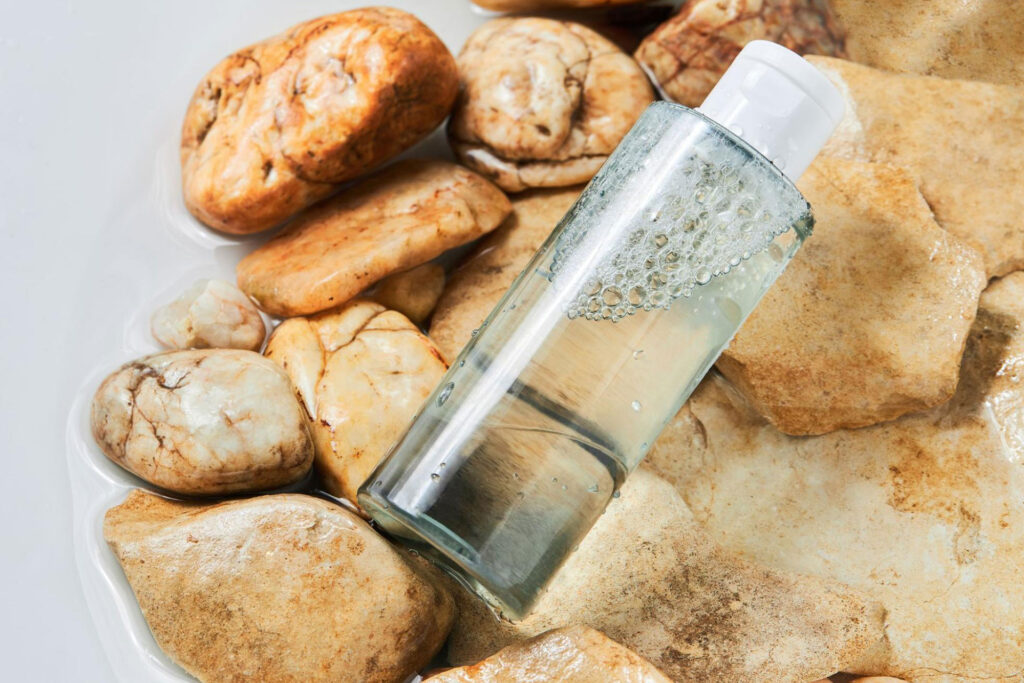
A toner comes after you wash your face with a cleanser. As the cleanser removes dirt and grime, it also leaves your skin feeling dry — now, this is where a toner can help. It’s made up of much more than just hydrogen and oxygen; it balances out the skin’s pH levels so that post-cleansing treatments are effective!
This acts as a quick-penetrating liquid that delivers a quick hit of hydration and helps remove some dead cells off the skin surface, resulting in a plump and glowy skin. Different toners are used for different issues — some act as an astringent, helping to tighten the skin and control oil production. Others help to control breakouts by removing dead skin cells.
Related: 4 Practical Tips to Choose the Best Skin Toner
Now that we’ve established what a toner does, let’s talk about how to use one for every skin type:
Normal Skin:
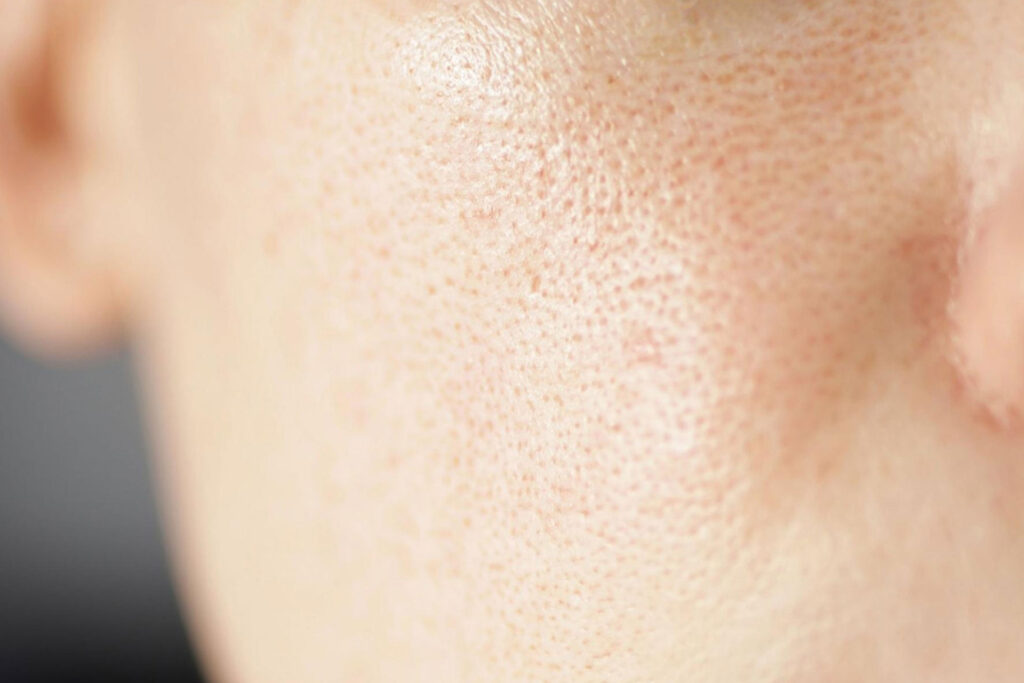
Do:
To keep your skin clear and healthy, use a toner every day. Even if you have normal skin, skipping the toners or cleansing altogether will still cause dirt to build up on your face, which can lead to acne breakouts or dryness.
Don’t:
Do not use harsh products. Some toners these days promote “glass skin” among Korean products, but more often than not, these products contain ingredients that will burn off your face’s first layer of skin to achieve a temporary “glow.” The cleansing process for normal skin is about maintaining its natural pH level — not creating an artificial imbalance by irritating the skin. Using harsh products too many times can strip natural moisture from the skin.
Oily Skin:

Do:
Use hydrating toners. While it may seem counterintuitive to use these kinds of products on oily skin, your complexion can actually become dehydrated as a result of the overproduction of sebum. Hydrating toners will help lock in water into your skin and soothe easily irritated areas — all without adding oil or contributing to acne breakouts!
Don’t:
Do not use drying toners. Many people with oily skin have been advised to use astringent toners, which contain alcohol and make the skin look matte for a short period of time. However, this effect is only temporary and can be unhealthy in the long run. The drying effect of the alcohol causes your skin to produce more oil, resulting in an oilier complexion in just a few hours.
Related: Skin Care for Oily Skin: The Top Ingredients to Look for When You Have Oily Skin
Dry Skin:
Do:
Moisturizing toners are a great way to hydrate your skin. If you have dry skin, you may be afraid that using a toner will make your face drier. That was true in the past, but now there are moisturizing toners on the market that contain ingredients such as Vitamin E, glycerin, or hyaluronic acid to keep your face from drying out any further.
Don’t:
Don’t skip toners. They can help get rid of flaking and redness while keeping your skin hydrated at the same time.
Combination Skin:
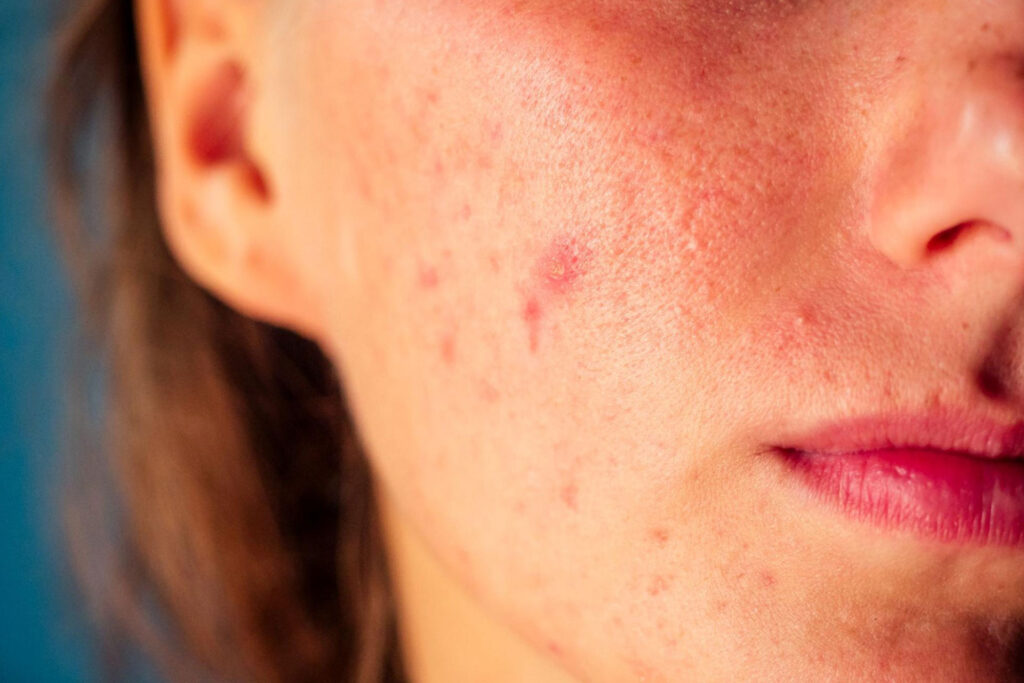
Do:
If your skin is oily and dry in some areas, use a balancing toner. It will remove dirt, oil, makeup residues, and other impurities without drying out your skin or causing unnecessary irritation.
Don’t:
Don’t forget to use the right products for your skin. Your face is made up of different zones, including oily and dry areas. So be sure to choose the right products that work for your skin type.
Sensitive skin:

Do:
Mandelic acid, a natural alpha hydroxy acid (AHA), is the most ideal type of AHA for sensitive skin types. It’s less irritating than other AHAs and gives you radiant-looking skin without harsh side effects.
Don’t:
Do not use salicylic acid and retinol at the same time, especially if you have sensitive skin. Those with more delicate complexions should use these products on alternate days or reduce salicylic acid to once-a-week treatments as needed. Salicylic acid and retinol are both effective ingredients, but when used too frequently, they can lead to dryness in the skin.
Related: Best Skin Care Tips For Every Skin Type
It’s safe to say that skin toners have really become a staple product in every skincare routine. Many of us now consider them as an essential component when it comes to maintaining healthy skin and keeping blemishes away. Yet, many people still don’t know how to use them properly. Despite their apparent simplicity, these products have a lot to offer, especially if you use them the right way. That’s why we’ve compiled this list of “do’s and don’ts” to give you an idea of what works best for your needs and which techniques could cause damage to your skin in the long run. We guarantee these tips will help you get the most out of your skin toners!
If you are looking for Skincare Products in the Philippines, visit our page, we have a variety of items for you to browse! Like our Facebook page for updates!


